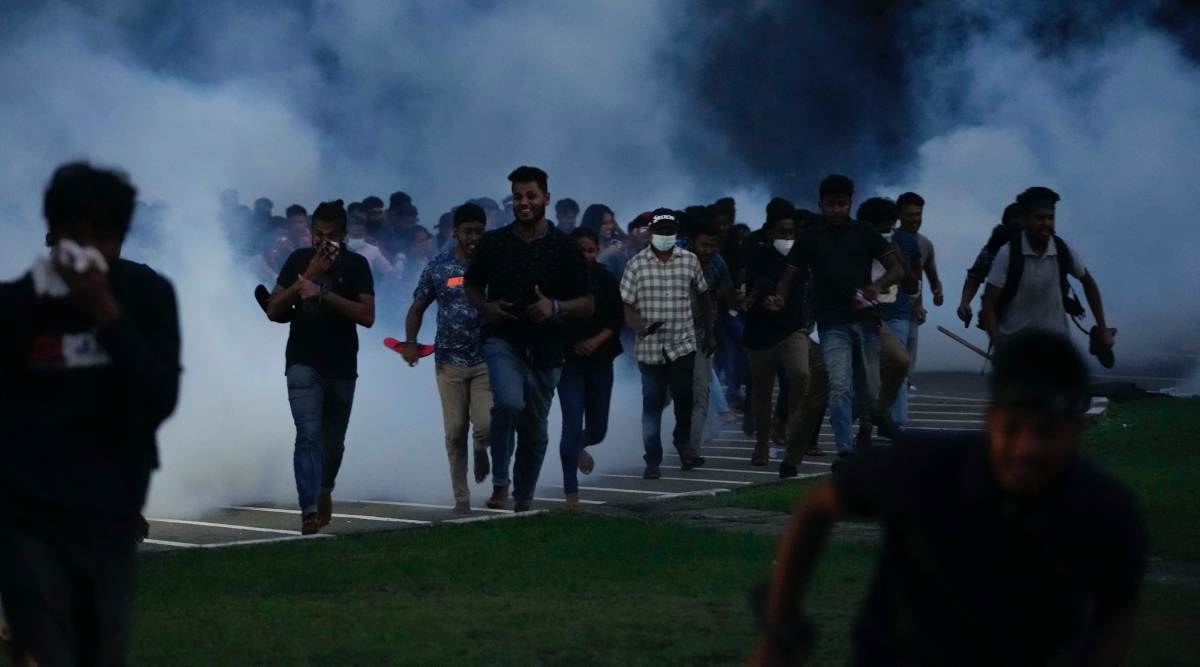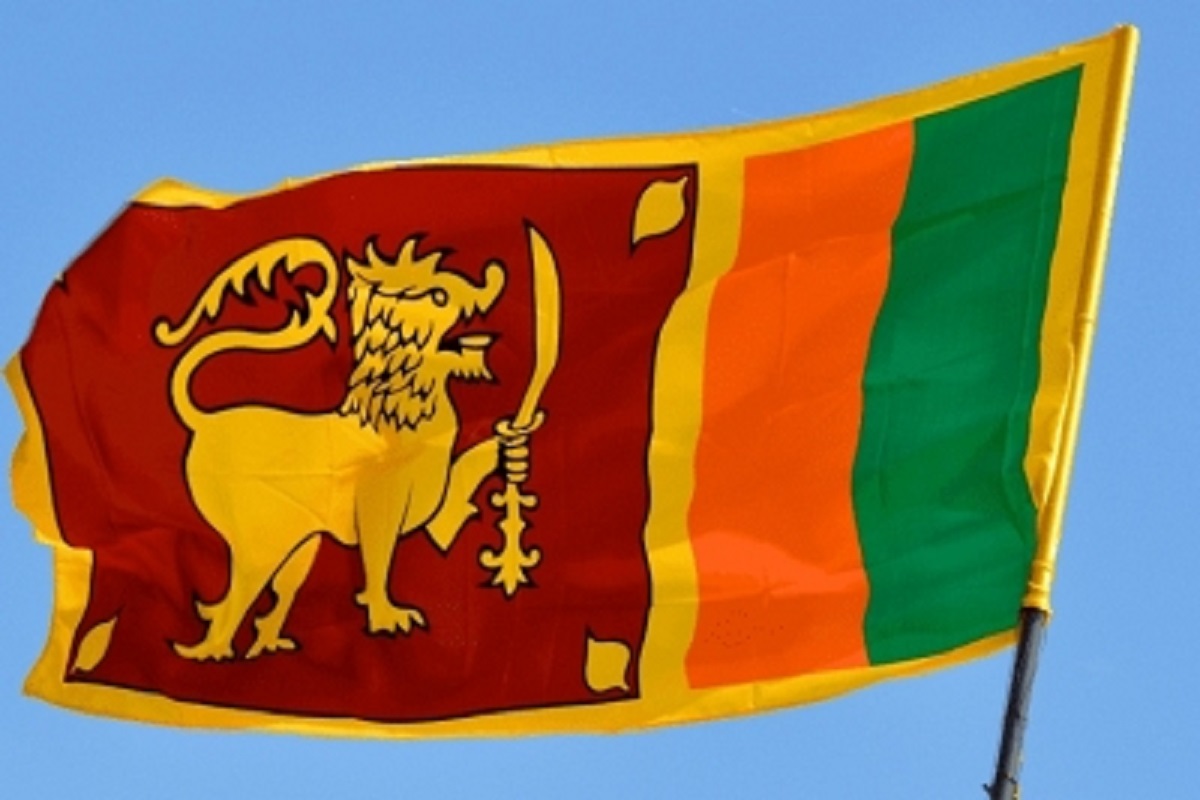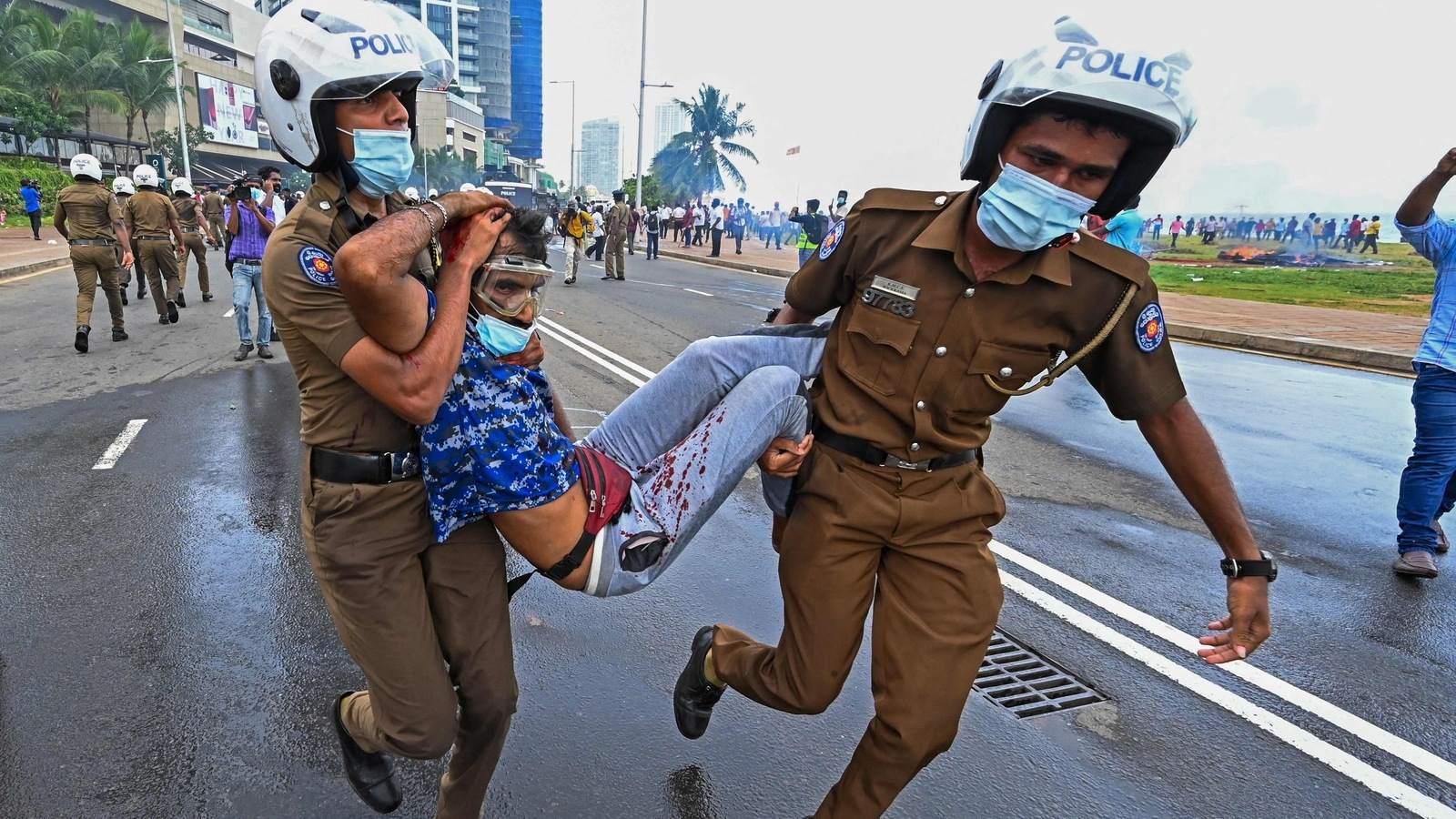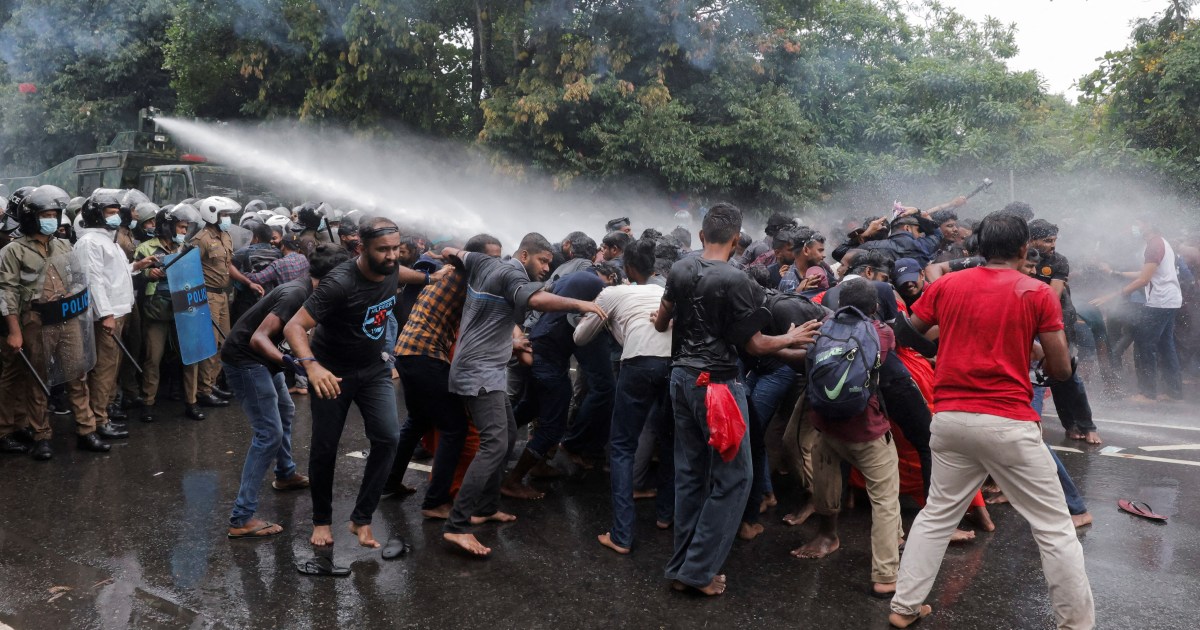Sri Lanka’s highest human rights bodies are summoning senior leaders to explain the reason for the state of emergency.

Sri Lanka’s highest human rights bodies are summoning senior leaders to explain the reason for the state of emergency.
The country’s top brass, including the Secretary to the President and the Secretary to the Ministry of Defense, have been summoned to appear before the country’s highest human rights body on Monday to explain why the state of emergency has been imposed.
President Gotabaya Rajapaksa declared a state of emergency at a special cabinet meeting on Friday, starting at midnight.
It is the second time in less than a month that an emergency has been declared in Sri Lanka, which is experiencing the worst economic crisis in decades.
The announcement came after weeks of protests calling for the President and government to resign, blaming the powerful Rajapaksa clan for mismanaging the island nation’s economy, which has already been thrown into disarray by the pandemic.
The summons was sent to senior management to clarify the reasons for the imposition of the state of emergency, according to Rohini Marasinghe, (Rtd), Supreme Court Judge and Chairperson of the Human Rights Commission of Sri Lanka (HRCSL).
Water and tear gas attacks on protesters near Parliament will also be investigated during the investigation, he said.
On Monday, the President’s Secretary, the Secretary of the Ministry of Defense, and the Inspector General of Police will appear before the HRCSL. HRCSL on Saturday called on the government to explain to the public why a state of emergency was declared as the protests were mostly peaceful and part of normal police operations.
The opposition and foreign envoys have chastised President Gotabaya Rajapaksa for his decision, which gives security forces sweeping powers to arrest and detain people at will.
Sri Lanka is going through an economic crisis unprecedented since its independence from the United Kingdom in 1948. Lack of foreign currency contributed to the crisis, with the country unable to pay for imports of basic food and fuel, leading to severe shortages and exorbitant prices.
Since April 9, tens of thousands of people have taken to the streets across Sri Lanka because the government has run out of money to pay for essential imports. The prices of basic necessities have skyrocketed, and there is a severe shortage of fuel, medicine, and electricity.
Sri Lanka is being chastised by the United States, Canada, and the European Union for imposing an emergency.
The decision of President Gotabaya Rajapaksa to declare a state of emergency for the second time in about 5 months has alarmed key foreign envoys and rights groups, who fear that security forces will use sweeping powers against peaceful protesters amid the country’s worst economic crisis.
However, according to ET, India has yet to make a statement and is working with the Rajapaksa government to deliver humanitarian aid to the country. Julie Chung, the US ambassador to Sri Lanka, tweeted on Saturday that she was “concerned”, adding that “the voices of peaceful citizens must be heard”.
Canadian High Commissioner David McKinnon said Sri Lankans have the right to peaceful protest and that declaring a state of emergency was “hard to understand.” The European Union warned that the order “could have a counterproductive effect,” noting that anti-government protests had been peaceful the previous month.
The Sri Lankan Human Rights Commission expressed grave concern about the declaration of an emergency. “We urge the government to explain the reasons for this announcement to the public,” it read. He said in a statement, “Since the protests were largely peaceful and part of normal police operations.” The latest announcement is another setback for Sri Lanka’s crucial tourism industry.
Clashes in the Sri Lankan capital led to a curfew, leaving 20 injured.
After clashes between rival political camps on Monday, as public outrage grows over the island’s worst economic performance in a decade’s crisis since independence, Months of blackouts and severe food, fuel, and medicine shortages have resulted in widespread suffering and weeks of overwhelmingly peaceful anti-government protests across the South Asian islands.
Officials say at least 20 people were injured in the violence in central Colombo. According to AFP reporters, Rajapaksa supporters armed with sticks and clubs attacked unarmed. Protesters have camped outside the President Gotabaya Rajapaksa’s office since April 9.
Police used tear gas and water cannon to disperse government supporters who broke through police lines to destroy tents and other structures of anti-government protesters.
The President’s brother, the Prime Minister, Mahindra Rajapaksa, urged our audience to exercise restraint and remember that violence only begets violence.
This administration is committed to finding an economic solution to the current economic crisis.
After unions shut down the country, hoping to pressure Rajapaksa to quit,
The government declared a state of emergency on Friday, giving the army broad powers to arrest and detain people.
Anti-government protesters behaved in a “provocative and threatening manner,” according to the Defense Ministry, and cut essential services.
The unions announced that starting Monday, they will hold daily protests to pressure the government to lift the emergency.
When the national parliament opens its next session on May 17, labor leader Ravi Kumudesh said they would mobilize public and private sector workers to storm the building. President Rajapaksa has not been seen in public since tens of thousands attempted to storm his private residence in Colombo on March 31.
According to official sources, the president may ask his brother Mahindra to step down in order to allow a unity government to lead Sri Lanka through the crisis. However, the country’s largest opposition party has already stated that it will not join any government led by a Rajapaksa family member.
The crisis in Sri Lanka began when the coronavirus pandemic decimated vital tourism and remittance revenues. This left it short on foreign currency, forcing the government to impose import restrictions on a variety of goods. This has resulted in severe shortages, out-of-control inflation, and lengthy power outages.
edited and proofread by nikita sharma




